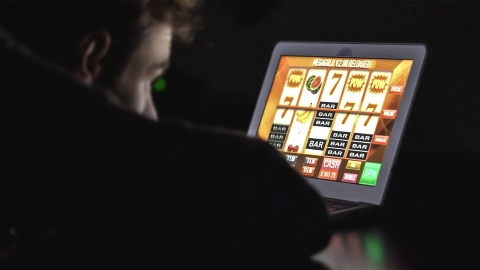ICD-Code F63.0: Pathological gambling
You are addicted to gambling.
For some time, you have been gambling. You are very tense inside. The tension is released when you are able to gamble. Then you are relieved and content. Actually, though, you do not want to gamble. When you gamble, it is not about winning, or gambling as a leisure pursuit.
The gambling takes over your life because you are constantly thinking about it. As a result, you neglect other areas of your life and this can cause major problems. This may result in the loss of one’s social life and job.
Additional indicator
On medical documents, the ICD code is often appended by letters that indicate the diagnostic certainty or the affected side of the body.
- G: Confirmed diagnosis
- V: Tentative diagnosis
- Z: Condition after
- A: Excluded diagnosis
- L: Left
- R: Right
- B: Both sides
Further information
Source
Provided by the non-profit organization “Was hab’ ich?” gemeinnützige GmbH on behalf of the Federal Ministry of Health (BMG).



